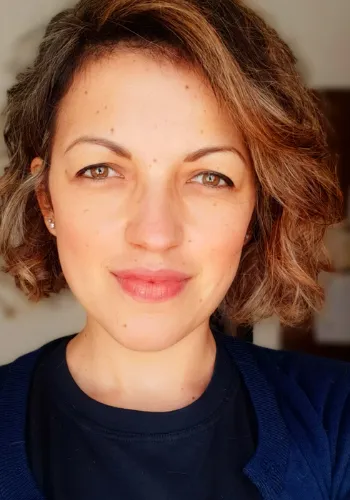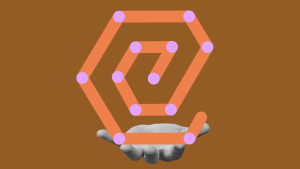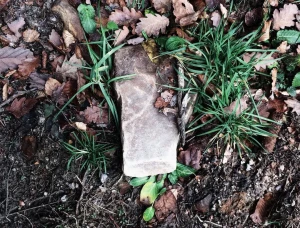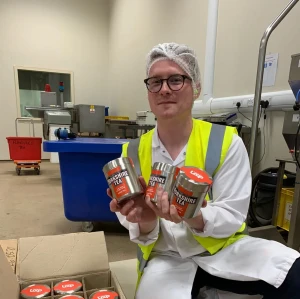Thaise Kemer, reflects on her experience of participating in Basecamp and shares her journey of seeking out Systems Practice to better address the complexities of exploring democratic culture in Brazil.
What led me to the School?
I work at Sivis Institute, a non-governmental, nonprofit and non-partisan Brazilian think and do tank that works for a more collaborative, honest and democratic Brazil.
Given the complexity of our work, we understood that Systems Practices would be of great help, as it encompasses different areas of knowledge and also allows for the connection of different perspectives.
In 2019, we were precisely looking for Systems Practice courses that could prepare our team to better address our vision, by offering a practical and insightful approach. We heard about Basecamp #8 just two days before the applications closed, so we were glad that we could make it!
What changed for me during basecamp?
Tensions as a gift
When at the School, one of the main focuses of the field work was the improvement of democratic culture in Brazil — and people genuinely made an effort to engage with each other. I learnt about the need to listen to tensions — if you don’t see tensions in a group, it’s a problem, because you’re not seeing the system as it is. I learnt about the importance of looking for different perspectives to find inclusive solutions.
Zooming in and zooming out
Another key learning was about the need to both zoom in and zoom out — to see the specifics of the context you work with as well as the broader patterns of the wider system.
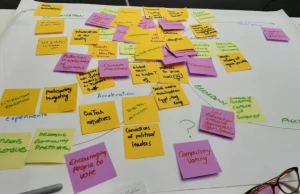
Power dynamics
I learnt about different features of systems practice, which were useful to think about complex problems. And this was beyond just mapping, but thinking about the bigger issues at play when you bring people together — the politics and power relations of the group and how these affect how you even think about dialogue. Is everyone comfortable? Does everyone understand their role? Do people feel as if they can express their opinions without fear of consequences?
What I’m working on now: taking a systems change approach to democratic culture in Brazil
I don’t see many systems practice projects in Brazil at the moment, but am working on two big projects that have allowed me to continue my systems practice and explore new approaches.
In 2018, Sivis developed and launched a local democracy index to assess the value of local democracy in Brazil. Sivis applied this research in the city of Curitiba, where our headquarter is, and it was a surprise to find out that our city scored poorly in participation, collaboration, and there were surprisingly low levels of interpersonal trust in the city.
From this work, the Program “Cidade da Gente” was born with the goal to develop trust and collaboration in the city. In order to do so, we organized a collaborative platform for community leaders to work actively in identifying common social challenges and initiatives to overcome them.
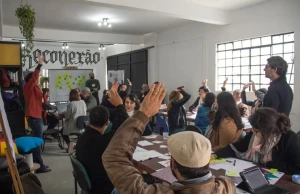
But how to increase the levels of interpersonal trust in the city? Topics like this are not easy to deal with in a traditional problem-solving way, being so complex and nonlinear. Systems practice seemed to offer a route in, so Jamil went on a deep dive into collective impact, cross-sector collaboration and Omidyar Network’s body of knowledge to design a year-long systems journey across the city in 2019 — with 115 people involved from public officials, public servants, non-profits, businesses, agencies.
We brought these people together through a series of workshops to identify common challenges and develop a collective strategy and priorities for the community. We had developed a community board in 2020 when the pandemic hit and we had to move into a virtual landscape. This changed the context drastically, and while we were still trying to design interventions, research was developed with 600 people across the city about what are the possible scenarios for the future of the city after the pandemic. We ended up suffering through not being prepared for the shift onto collaborative online working, and we decided with the project partners to close and harvest the learnings. It was a bittersweet ending, but the new connections and relationships that developed were really fruitful and the learning from that project is nourishing a new project we’re now working on. One of the core learnings we took out of the process was that we were perhaps too afraid of imposing ideas and took quite a passive role, whereas we’ve learnt that we can be more proposive in certain moments. We’ve also massively skilled up in online collaborative working, for example through online mapping tools like Miro.
Our new project is being designed from an online perspective. The idea is to put in practice a Systems Practice based dialogue with Brazilian civil society organizations and other experts so we can find common ways to strengthen Brazilian democratic culture. This dialogue will produce a narrative that can be shared with the wider Brazilian society, so we can include more perspectives and increase the collaboration around the topic. There is a big issue of polarisation in Brazil at the moment, with an increasing cancel culture between left and right, so there’s a big opportunity to bring these different people together to talk about the common issues and find common strategies forward.
We intend to work with nearly 20 core organisations, and we’re co-leading with another organisation that is also the funder-partner. We started by mapping around 500 civil society organisations in Brazil that might be interested in the topic, and selected an initial group of organisations from different ideologies spanning core topics (for example the media, public security, human rights, freedom of the press etc.) that we could start working with to develop and spread the narrative that emerges. The process is going to involve engaging with other experts in the field of democracy in the narrative-building process and combining this with a use of combination of systems approaches, learnt from School of Systems Change, Acumen Academy and Instituto Tecnologia e Equidade (ITE) (https://tecnologiaequidade.org.br/).
We’re intentionally working with big organisations that can build engagement across civil society and use the narrative to develop action strategies in the wider field. And we’re coordinating this in a way that includes both local and national voices. We need the narrative to be relevant both for the overarching story of Brazil and for the day-to-day reality of our lived experience. (Zooming in and zooming out!).
We’re incredibly excited to be starting this project and also very lucky to be working with a funder that we can design with and learn from, who is really driving increased engagement with the project and project partners. We’ve found this kind of work demands a more systemic approach, and we’d love to connect with anyone that is working at the intersection of democracy, democratic culture and systems change. Please get in touch if you are interested in this work or if you think there might be co-learning opportunities.



